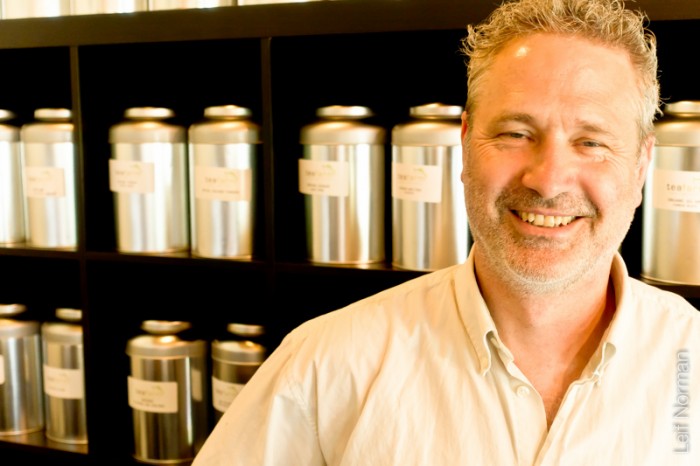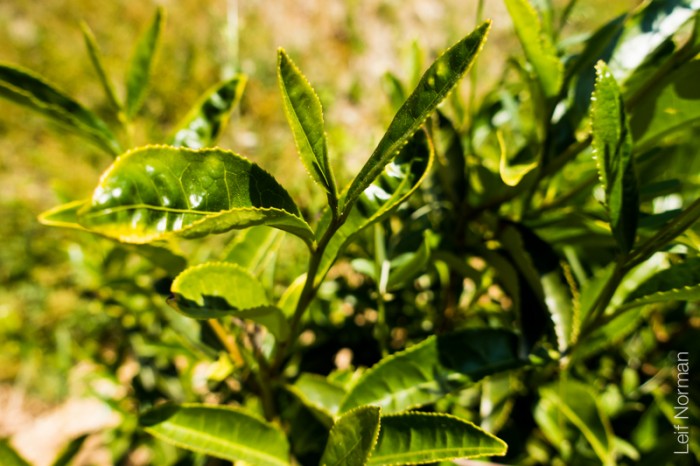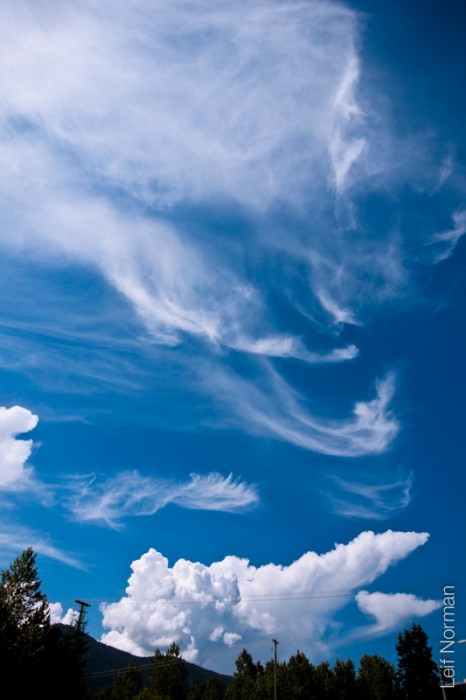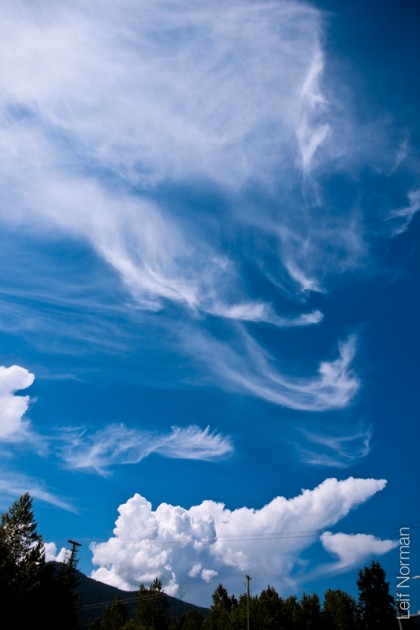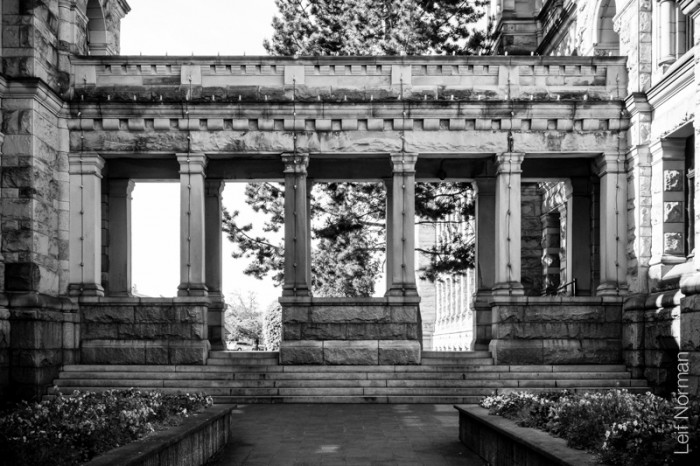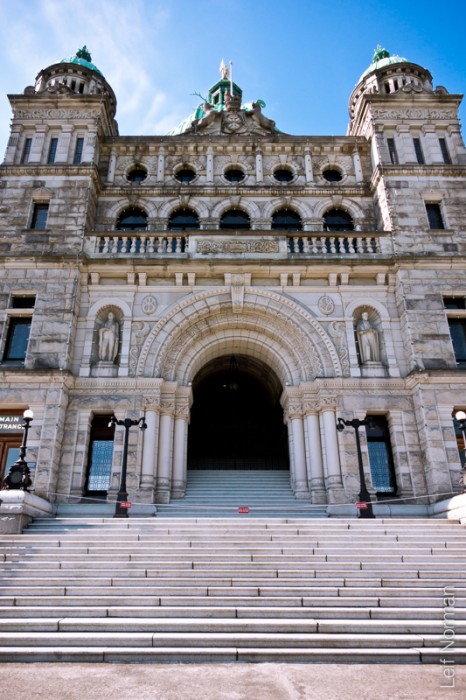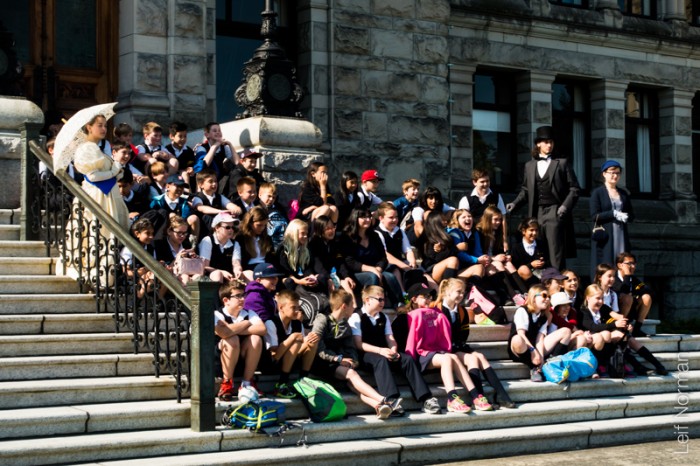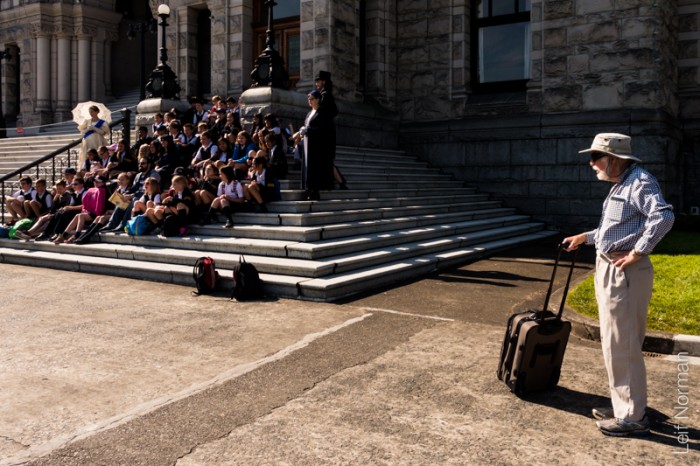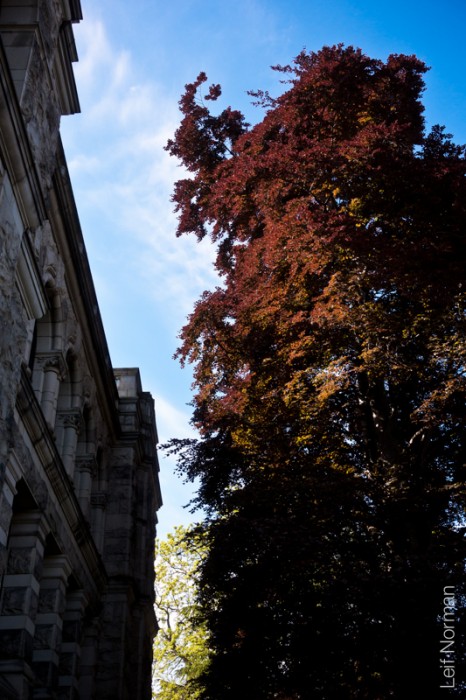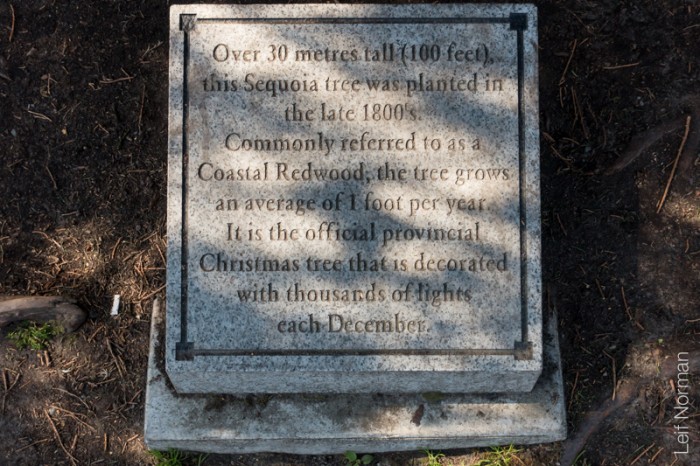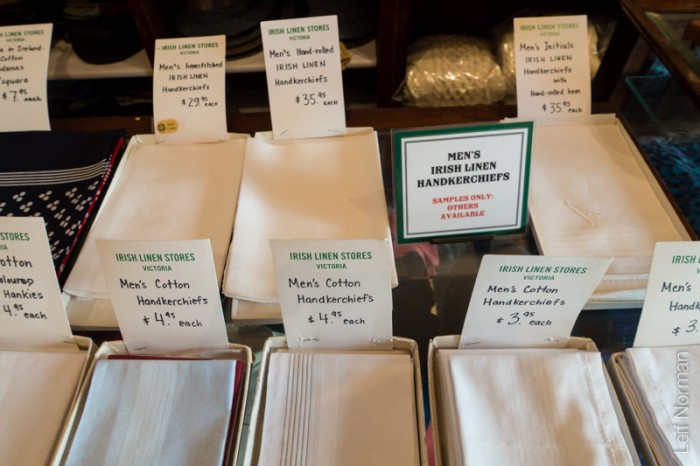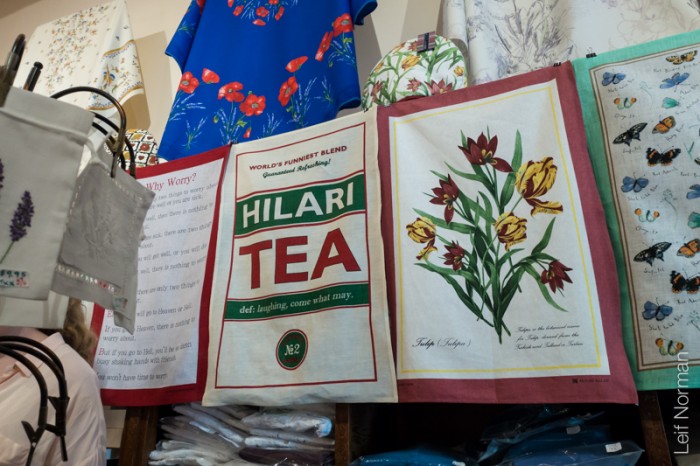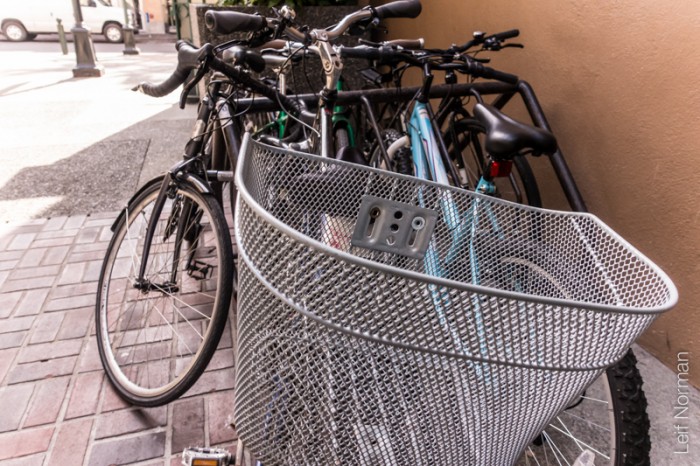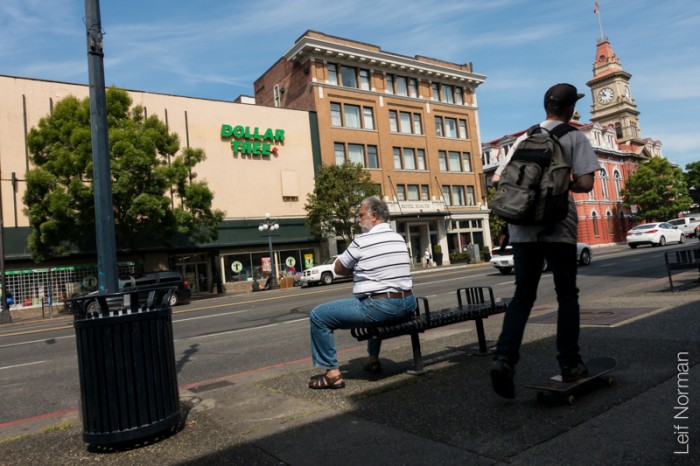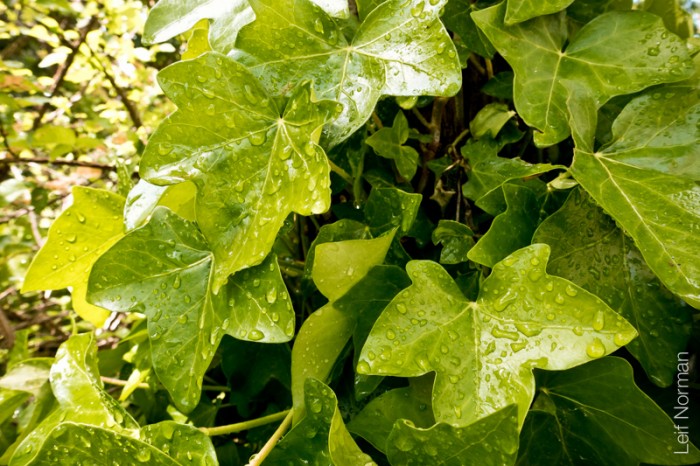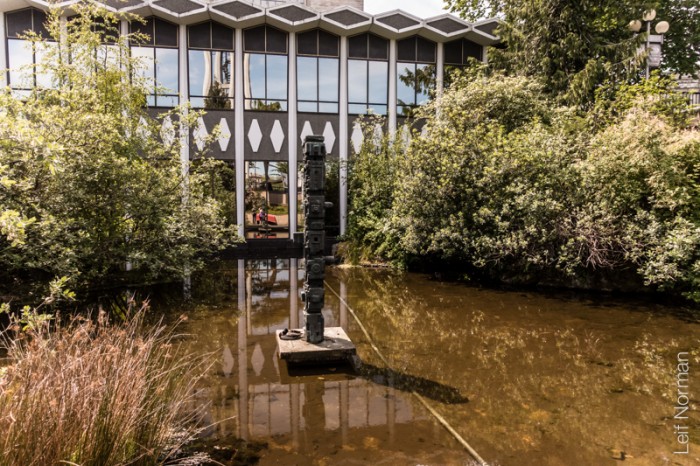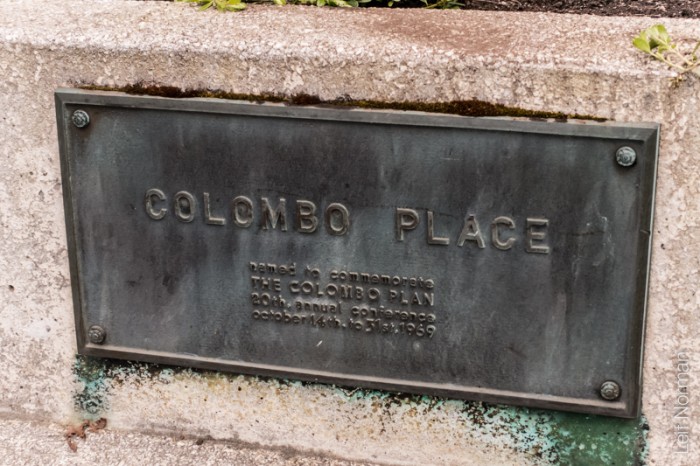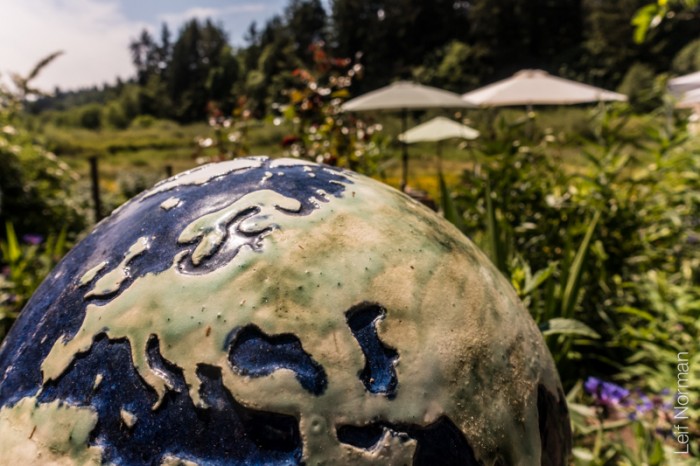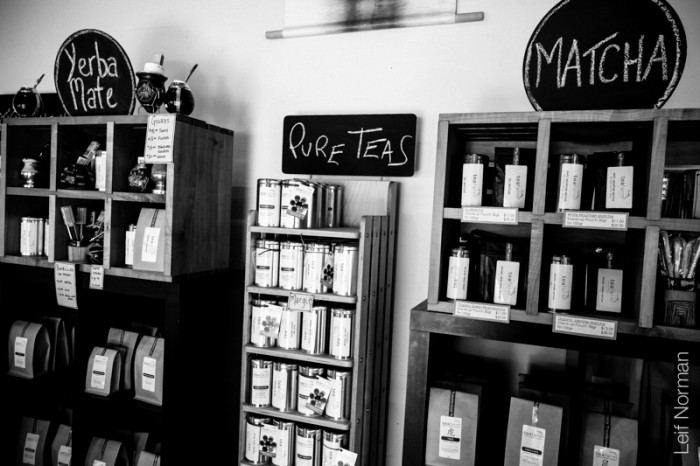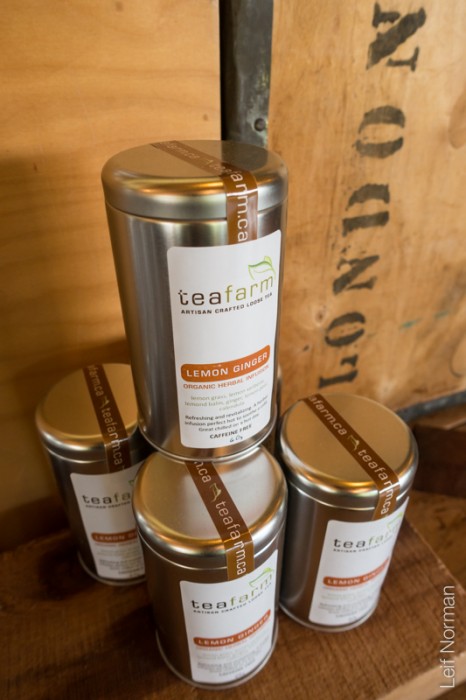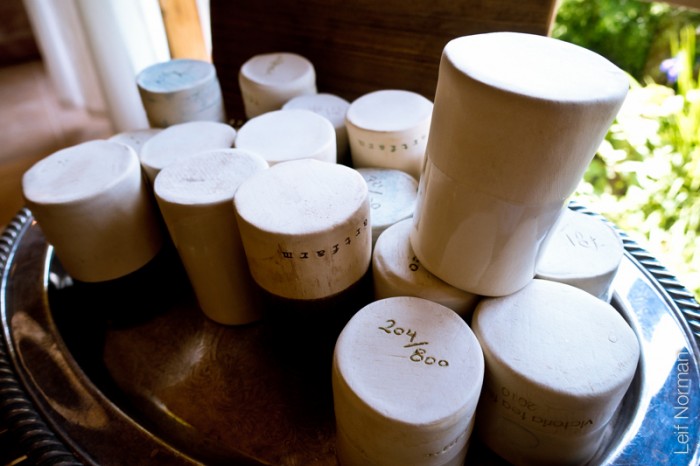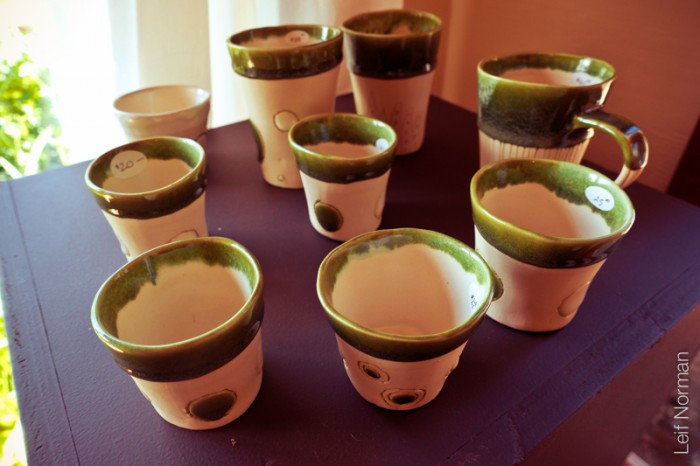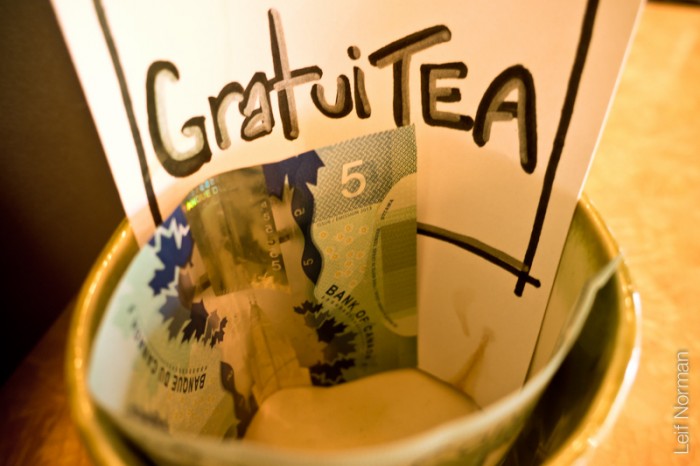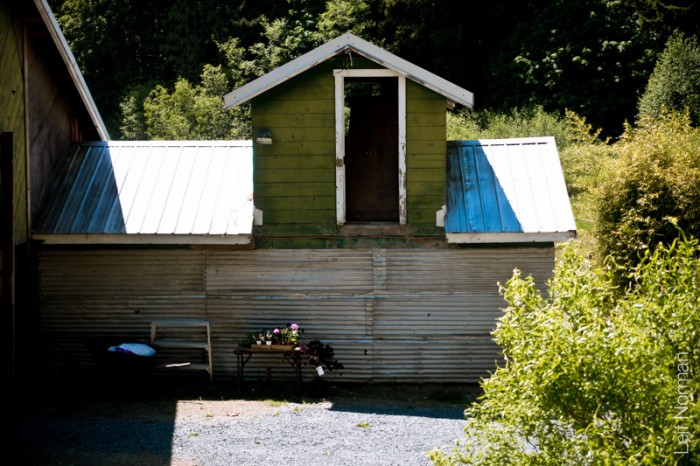A day in Victoria then up to Comox.
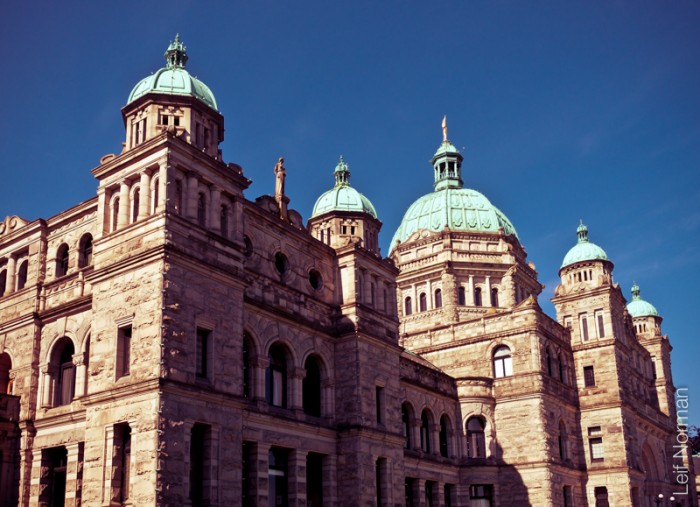
“From 1856 to 1860 the Legislature of the Colony of Vancouver Island met at Bachelor’s Hall at Fort Victoria. From 1860 to 1898 it was housed in the first permanent building at Legislative Hall or Legislative Council Court, a two storey wooden building along with four other buildings (Land Office, Colonial Office, Supreme Court, and Treasury) known colloquially as “The Birdcages” because of their shape (burned 1957).
Construction of a new Parliament Building was first authorized by an act of the provincial legislature in 1893, the Parliament Buildings Construction Act. The province, anxious to commemorate its growing economic, social and political status, was engaged in an architectural competition to build a new legislative building in Victoria, after outgrowing “The Birdcages”, which were notoriously drafty and leaked in wet weather. Francis Rattenbury, a recent English immigrant, 25 years old, entered the contest and signed his drawings with the pseudonym “A B.C. Architect”. He progressed to the second round, signing his drawing “For Queen and Province” and eventually won the competition.” from Wikipedia
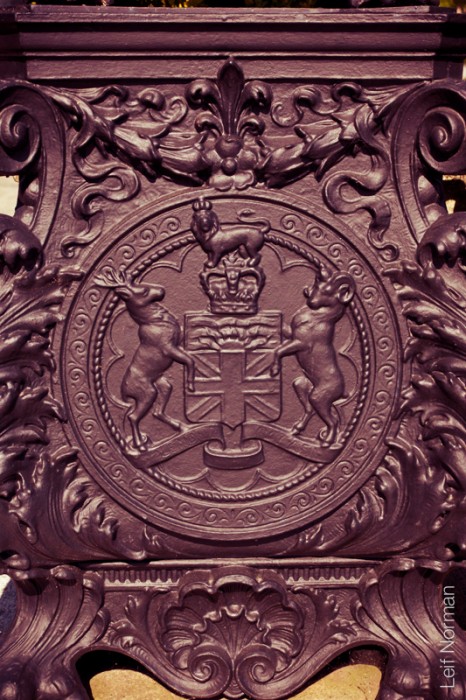
Coat of Arms of British Columbia
“Crest The crest is the Queen’s royal crest (a gold lion statant gardant—standing on all fours and facing the viewer—wearing the royal crown), differenced with a garland of Pacific Dogwood, the provincial flower.
Shield The shield features a Union Flag in chief, with a crown (known heraldically as an antique crown) at its centre. In base it has the sun setting into the ocean, representing the province’s location on the Pacific.
Compartment The compartment is a garland of Pacific Dogwood.
Supporters The supporters are an wapiti (also known as elk) stag and a bighorn sheep. The wapiti of Vancouver Island and the bighorn sheep of the mainland of the province symbolize the union of the two colonies which united to form British Columbia in 1866″ From Wikipedia.
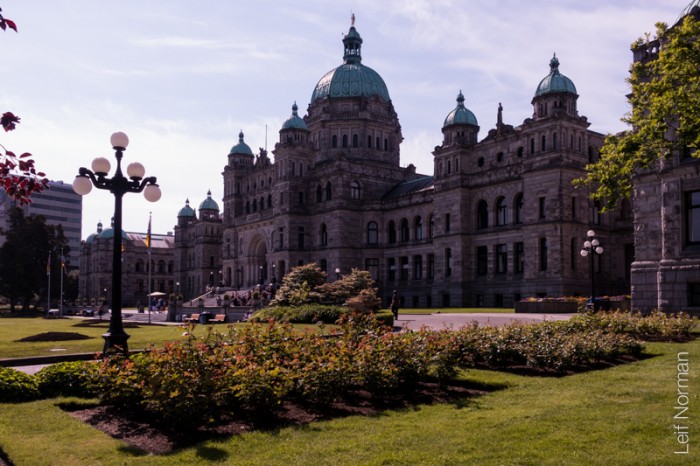
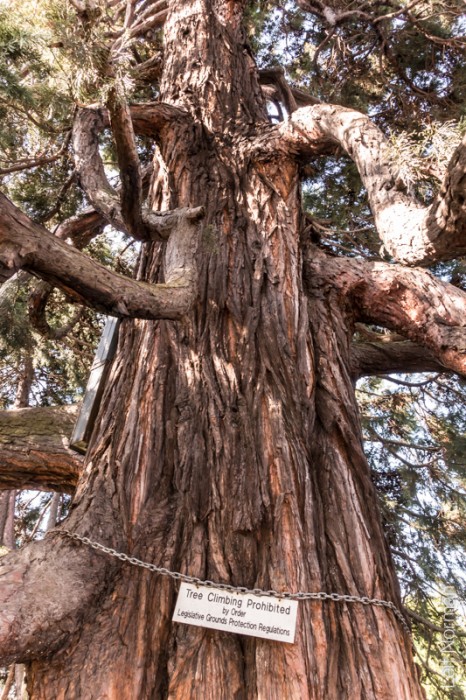
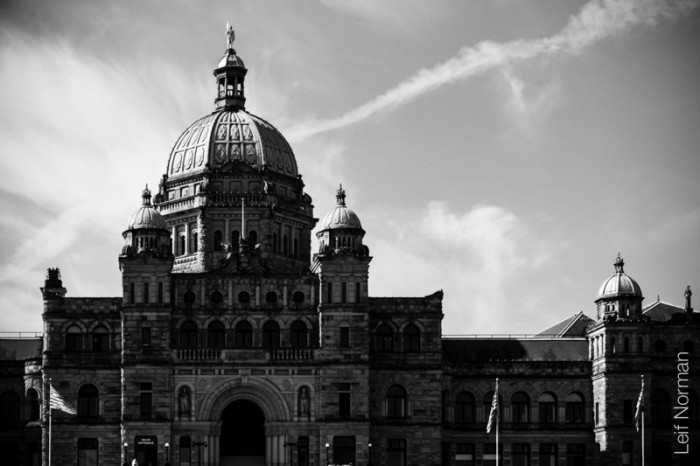
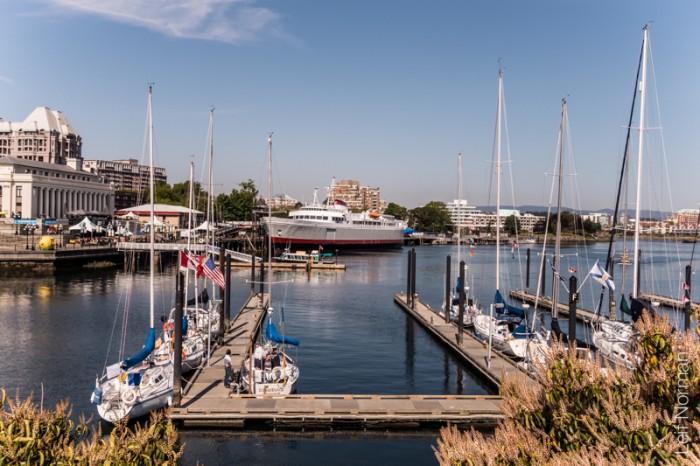
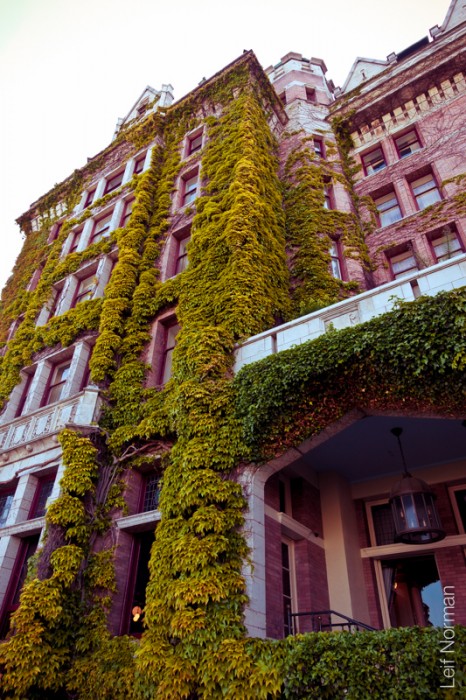
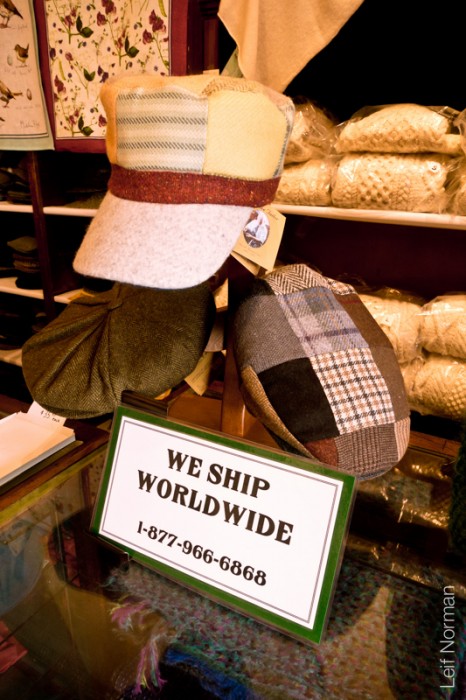
http://www.irishlinenvictoria.com/index.html I bought a super Hanna Hat from them!
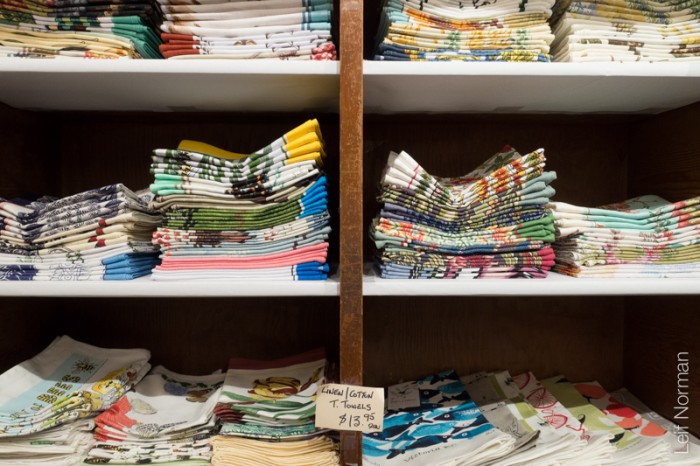
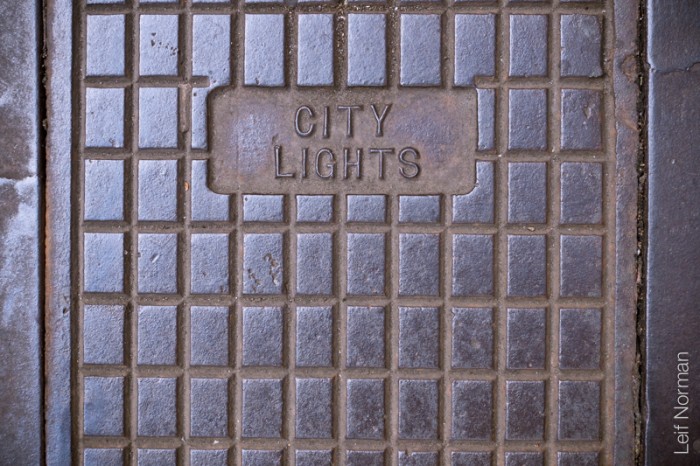
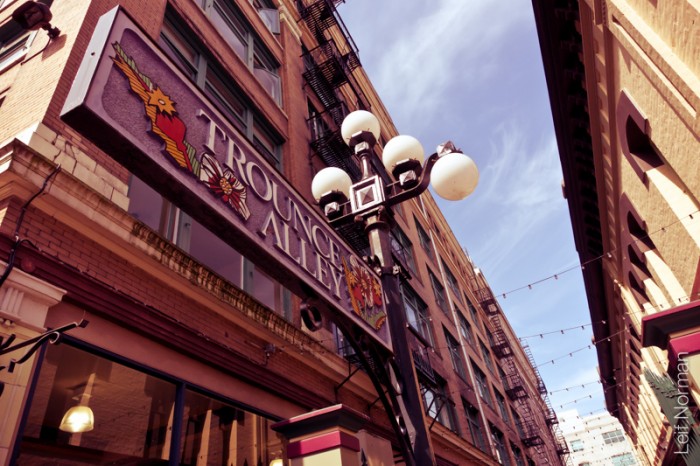
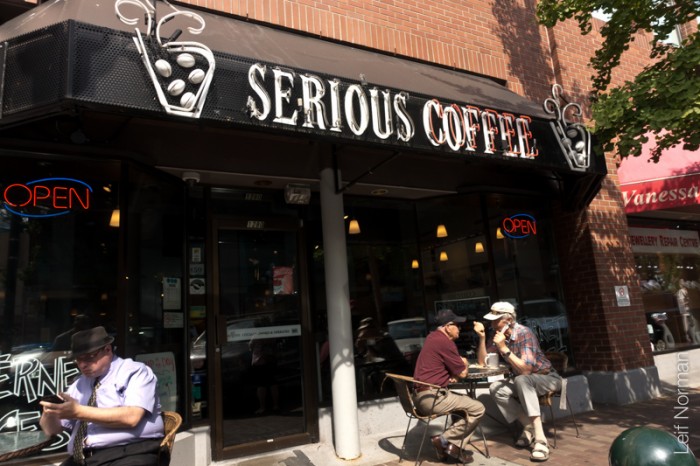
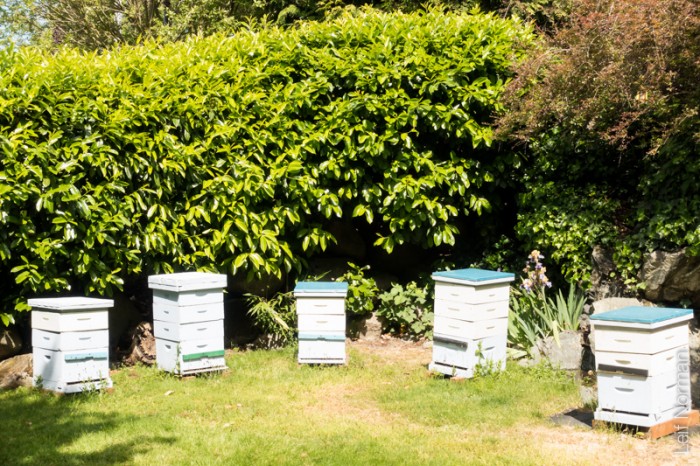
“The Fairmont Empress in Victoria, British Columbia has European Carniolan and Italian bees residing in the hotel’s Centennial Garden. The hives are provided by apiarist, John Gibeau, of the Honeybee Centre in Surrey, BC, and are masterminded by Executive Chef, Kamal Silva.
Vital Stat: The resort has 10 colonies with 50,000 bees each, producing two harvests a year, each yielding close to 700 pounds of honey.” from http://www.fairmont.com/promotions/fairmontbees/
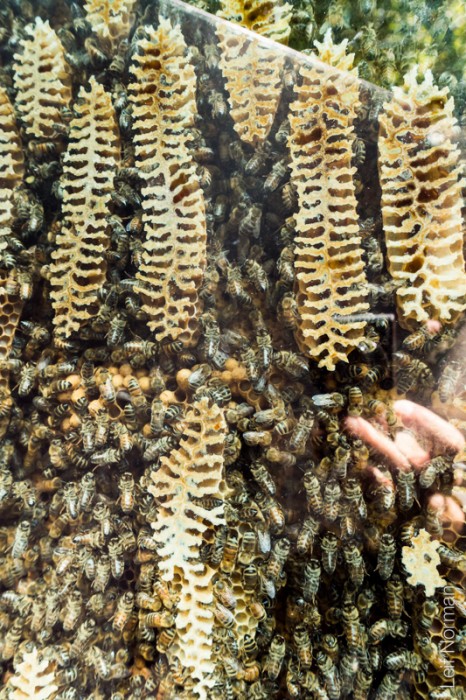
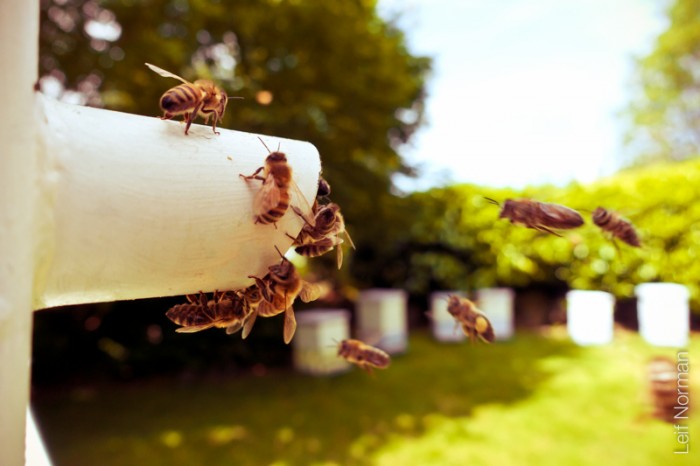
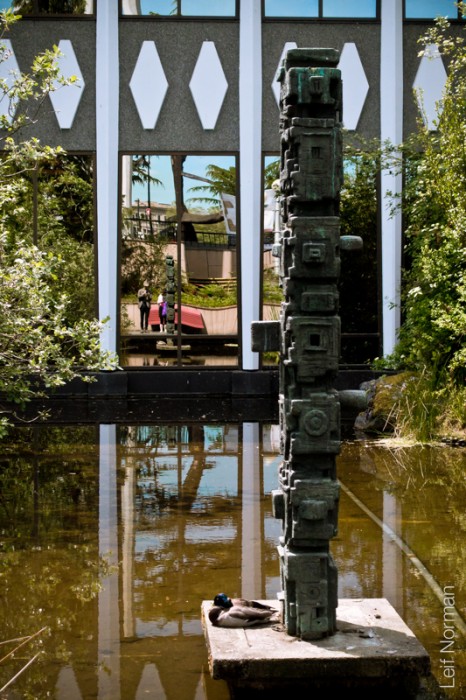
Elza Mayhew:
“The artist works for many years, and makes diverse things in varying media and styles. Then he finds, if he has worked with sufficient concentration, that for the most part he is “at home” – at his most humble, unpretending, best, most honest – in one particular manner of expression. Generally, I like to carve. I think of carving every good block I see. This is a direct approach. I feel, too, the insistence of dominant horizontals and verticals within a work…
I am a slow worker, and lyrical as I may feel at the outset, I have to think a great deal about what I want to say. When the idea grows clear, then the forms can start to work. Nothing can be done without this search, which is both perceptual and conceptual. The work is not pre-ordained. I rarely use models. The basic concept as expressed by divisions is clear when I start. From that point on, the sculpture slowly reveals itself on many levels. It must be composed. Herein is the excitement. Any model beyond the basic simple mass divisions would impede the development of the concept…”
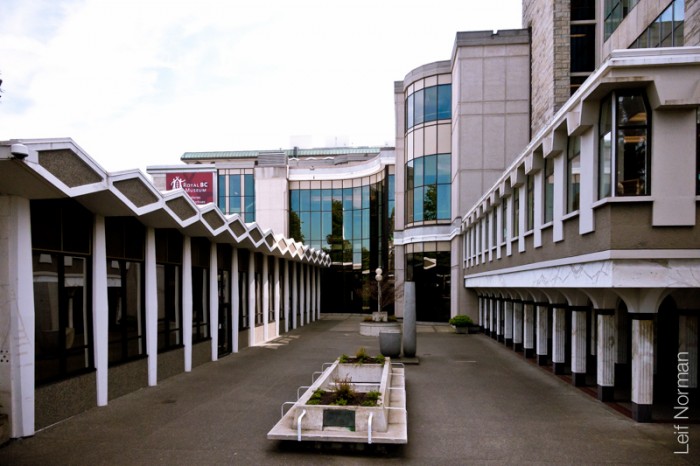
“The Colombo Plan is a regional organisation that embodies the concept of collective intergovernmental effort to strengthen economic and social development of member countries in the Asia-Pacific region. The primary focus of all Colombo Plan activities is on human resources development.” from Wikipedia
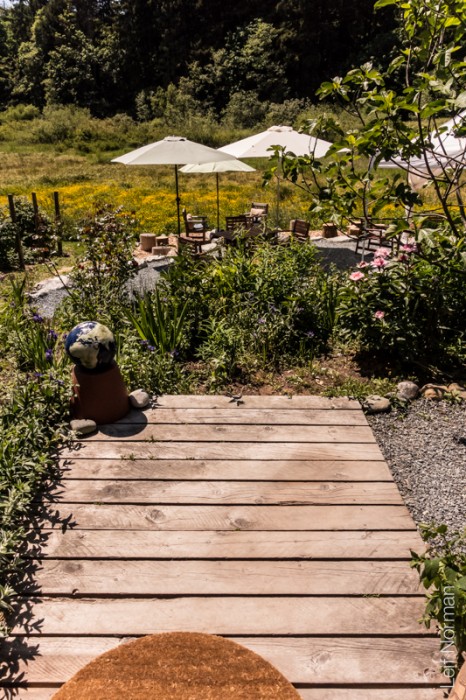
We are purveyors of organic loose tea, designers of artful tea blends, and growers of Camellia sinensis. Visit our teashop gallery for an eclectic experience of tea + clay + nature.
“In May 2003, we (Margit + Victor) left the Vancouver for the Cowichan Valley, to re-imagine a one time cattle (and later horse) farm as a place to cultivate and create – and so the concept of Artfarm was born. We began reshaping the landscape, ridding the property of invasive blackberry vines and planting some 200 lavender plants on our south-facing hill. Along with lavender, we grew garlic and harvested hay; we began growing more food and attending the Duncan Farmers Market with our produce. We also converted the old barn into usable indoor space, as building a clay studio for Margit became our main focus. Inspired by our successes and failures, many initiatives and ideas would come and go in this early time.” from TeaFarm.ca
